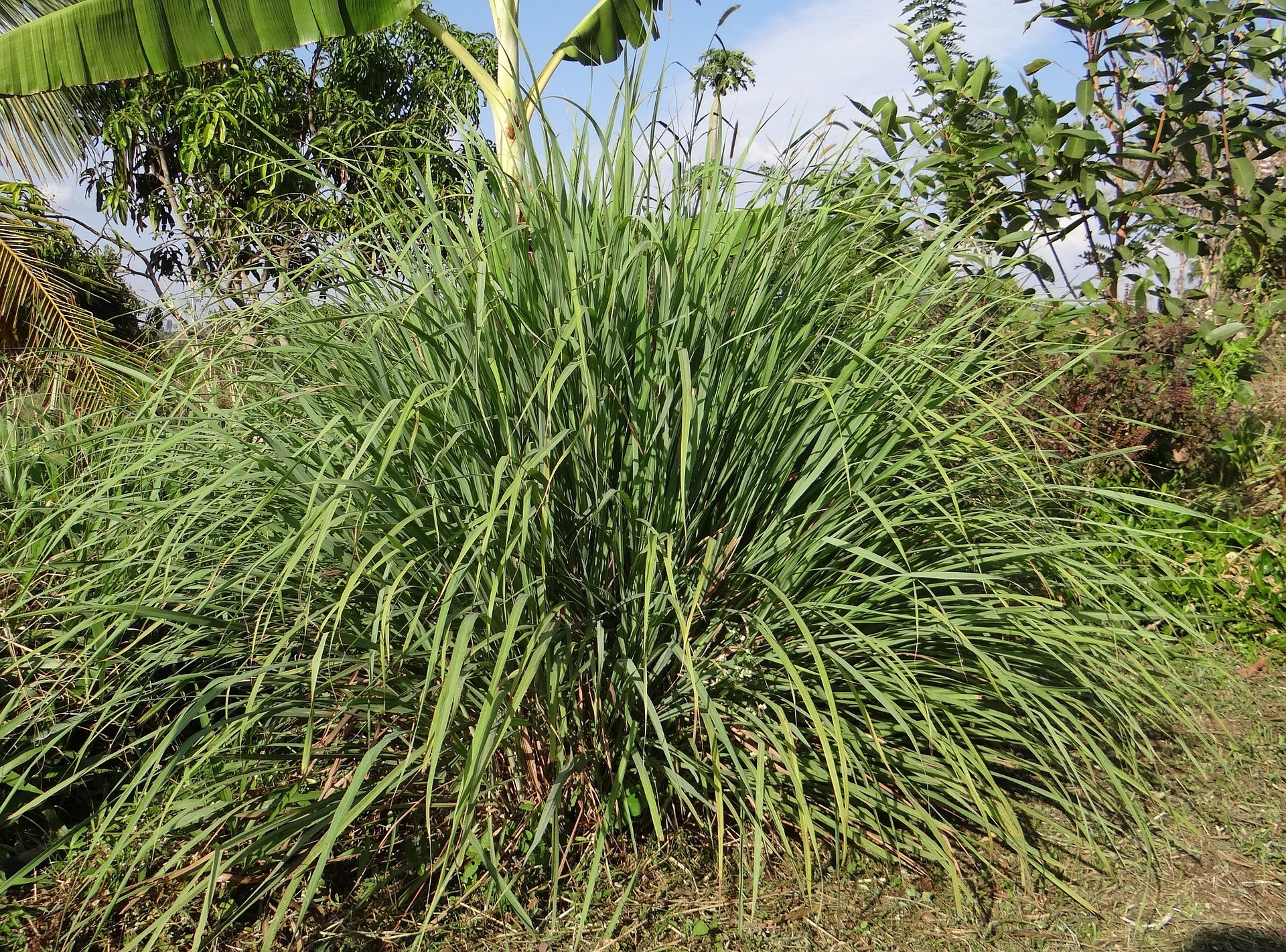
The Norovirus, also known as the winter vomiting bug, is as menacing as it sounds. Generally transmitted by fecally contaminated food or water, its symptoms include vomiting, nausea, diarrhea, and abdominal pain, and it has been the cause of millions of hospitalizations worldwide. As you might already know, viruses technically aren’t living things, so how do you kill something that isn’t alive? The answer is actually rather simple: you stop it from being replicated.
Most viruses are made of a protein capsule with arms that extend away from the capsule and are capable of attaching onto cell membranes. Inside the capsule is genetic material like DNA or RNA, which the virus injects into the cell after attachment. Once the genetic material enters the cell, the cell thinks that the viral genes are its own and begins to make proteins using the code from the virus genes. Your own cells unwittingly replicate the virus genome, synthesize the capsule proteins, package it all together, and release a new generation of viruses. By this mechanism, viruses successfully hijack your cells’ microscopic machinery and use it to replicate themselves.
There are two main ways of measuring a virus’s hijacking efficiency. First is the ability of the viral coat proteins to actually infiltrate cells. This is known as infectivity. Second is the virus’s ability to get the cell to replicate its genome once it is inside it. This is referred to as genome replication.
Korean microbiologists recently published a study in the Journal of Food Protection that offers an innovative and natural way to inhibit Norovirus replication. Lemongrass is more than a citrusy herb that you add to your green smoothie; the volatile aromatic compounds steam distilled from its leaves have been found to have a number of health benefitting properties. Research has shown that when consumed, Lemongrass essential oil may support the proper function of the digestive and immune systems, and it is also an effective insect repellant. However, that may just be scratching the surface of its beneficial properties. This new research suggests that Lemongrass, and possibly other essential oils rich in the monoterpene aldehyde citral, may be effective in inhibiting infectivity and genome replication of the Norovirus. Theoretically, this may signify a variety of new uses, especially as a food preservative.
These compelling results strongly support the practice of using essential oils to protect against environmental threats in a variety of contexts.* Might we be seeing Lemongrass essential oil becoming a much more common food additive? Only time will tell, and further research will be needed to see if similar effects are observed against other environmental threats, with other essential oils, and in real world situations. But the evidence provides some insight as to how these gifts of the Earth may be used commercially and in your own home to keep your family healthy.
* These statements have not been evaluated by the Food and Drug Administration. This product is not intended to diagnose, treat, cure, or prevent disease.
 Dr. Damian Rodriguez is the health and exercise scientist for doTERRA International, LLC. He holds a doctorate in health science, a master’s degree in exercise physiology, and countless professional certifications. He has spent most of his life researching nutrition, exercise, and the lifestyle behaviors associated with optimal health. Along with his passion for health, as someone who lives with Asperger’s Syndrome, he is also involved in bringing awareness to autism spectrum disorders. There are varying opinions about many health and fitness topics. His opinions are his own and not necessarily that of doTERRA International, LLC. Consult your healthcare provider before making any changes to diet and exercise.
Dr. Damian Rodriguez is the health and exercise scientist for doTERRA International, LLC. He holds a doctorate in health science, a master’s degree in exercise physiology, and countless professional certifications. He has spent most of his life researching nutrition, exercise, and the lifestyle behaviors associated with optimal health. Along with his passion for health, as someone who lives with Asperger’s Syndrome, he is also involved in bringing awareness to autism spectrum disorders. There are varying opinions about many health and fitness topics. His opinions are his own and not necessarily that of doTERRA International, LLC. Consult your healthcare provider before making any changes to diet and exercise.
